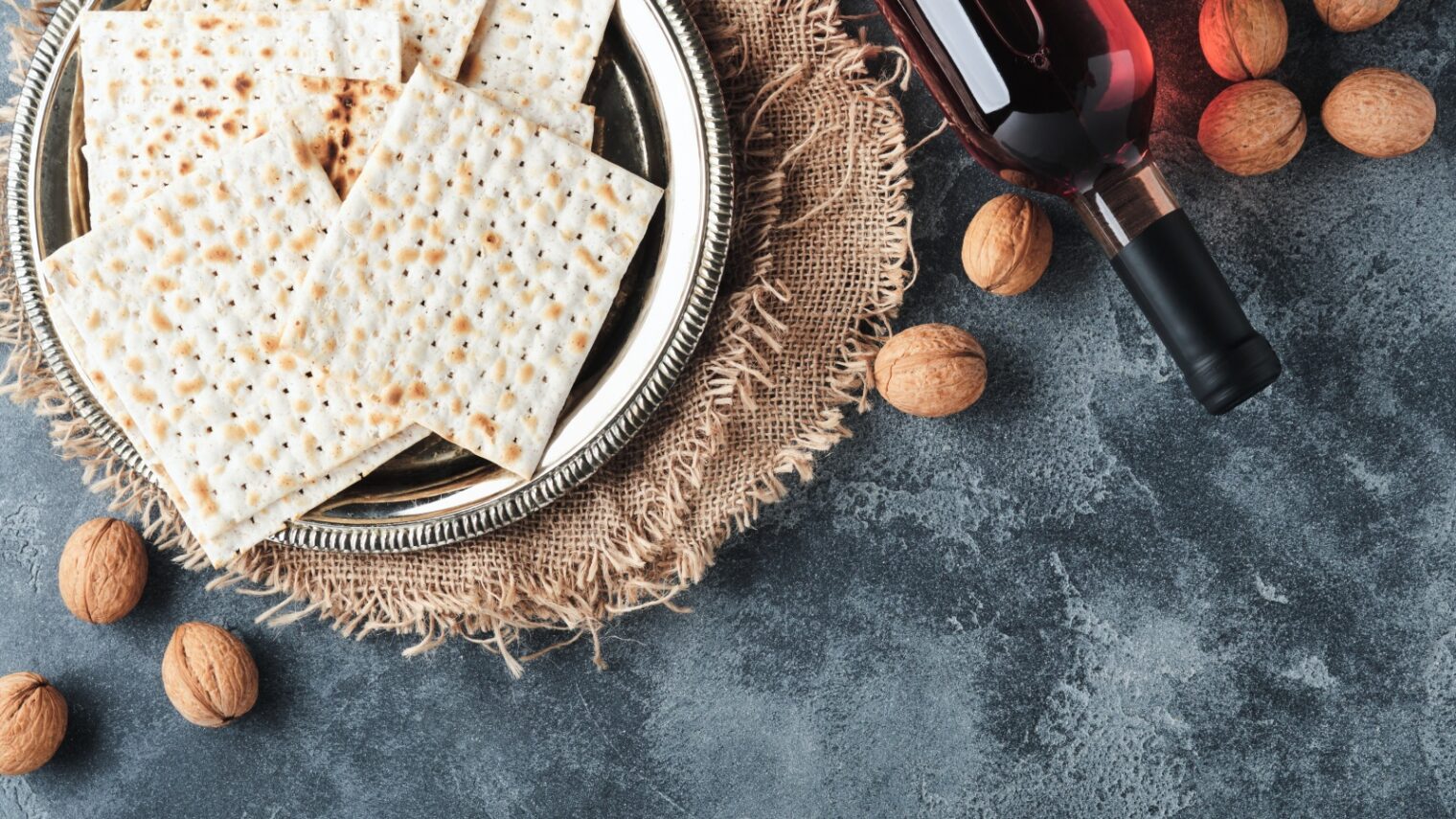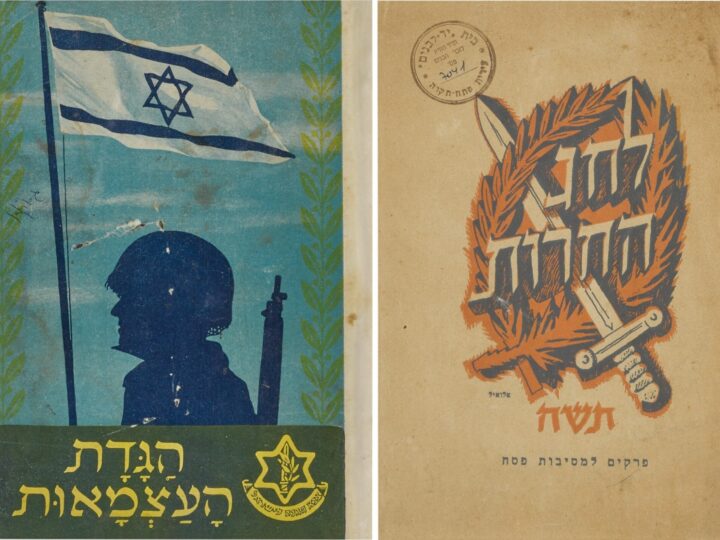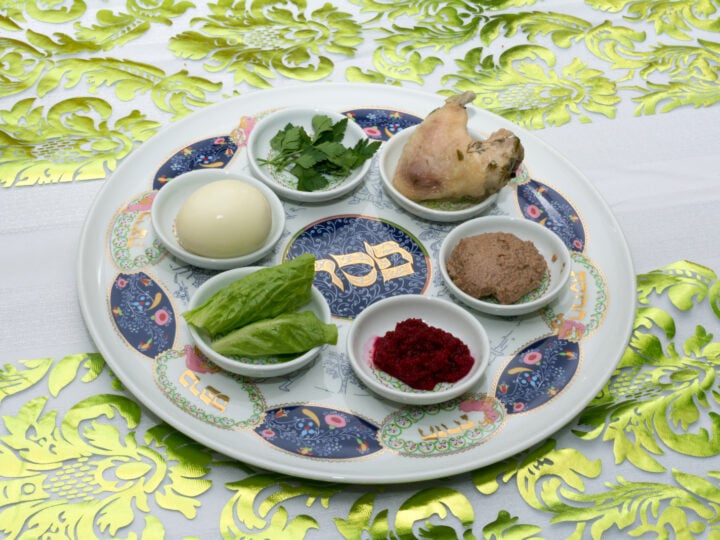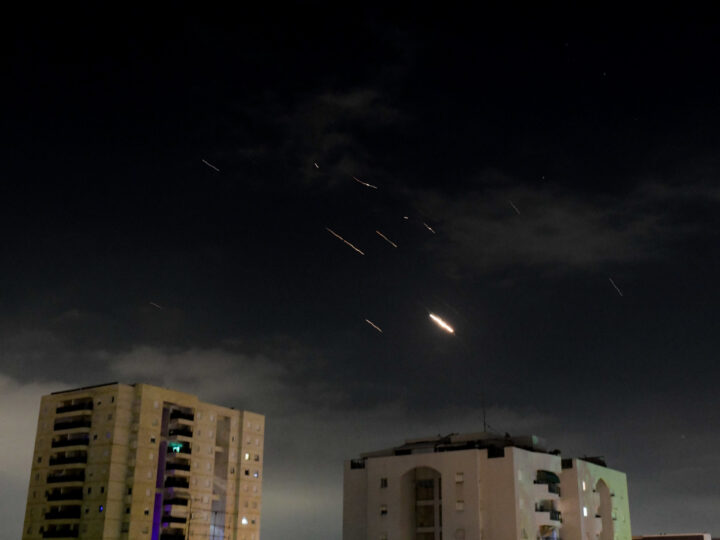The festival of Passover is celebrated every spring by Jewish communities worldwide. What’s probably common to all these global celebrations is a ridiculously high calorie intake and at least one spat per family.
But here in Israel, we have a few unique angles on commemorating our redemption from slavery to freedom. Some are funny, some are downright strange, but all are very much festive.
Read on, and happy Passover (this year, it begins the night of April 5)!
1. Avoid the airport at all costs, and costs are high
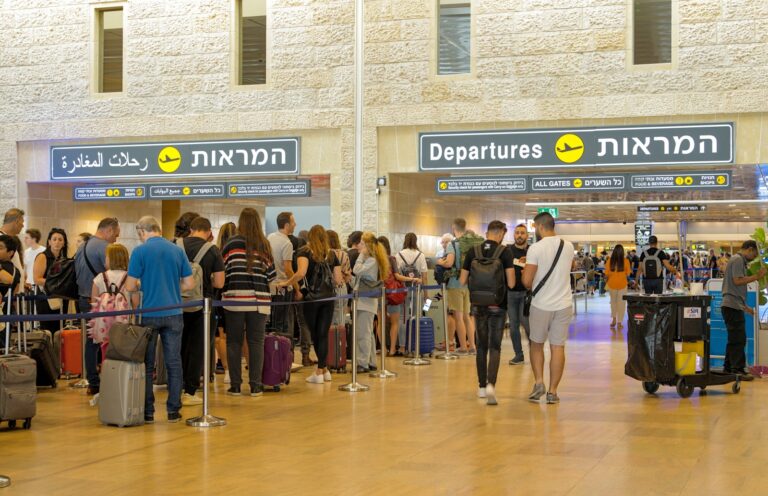
The airport in Israel on Passover is, how should we say it, a very trying experience. Loads of Israelis travel abroad the day or two before the festival begins on Seder night, and probably even more fly out of the country the next morning. The popularity of these specific dates makes the airport horribly crowded, and flights horribly expensive. The same sort of thing repeats itself a week later, at the holiday’s end. Fabulous.
2. Supermarket aisles get very, very freaky

On Passover, observant and even less than observant Jews refrain from eating chametz, or leavened products such as bread. Not only that, but all chametz needs to be kept out of sight. At the supermarket, the aisles containing non-kosher-for-Passover items get covered in plastic or cloth. And don’t bother to try and grab that essential item from under its covering – you won’t be able to buy it anyway.
3. An Arab citizen buys all of the country’s chametz
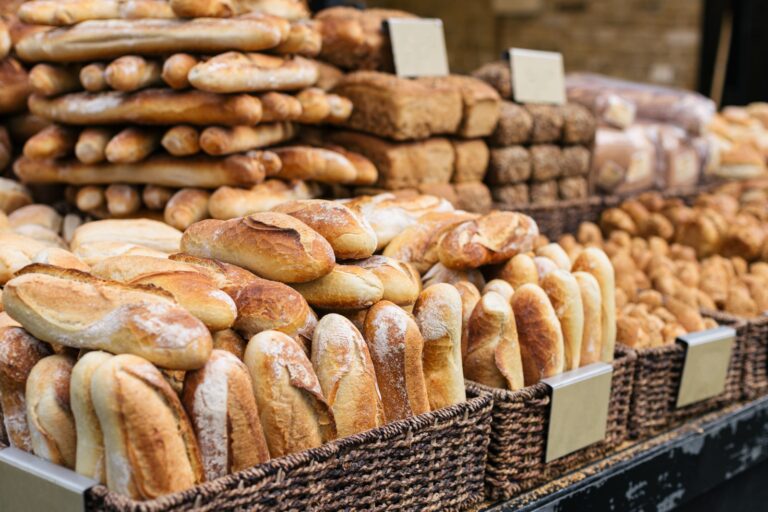
Not only is chametz to be kept out of sight, but it actually needs to be sold for the duration of Passover. The leavened products are supposed to be sold to a non-Jewish acquaintance for the week, while actually remaining contained in closed packaging in a remote corner of the home.
The State of Israel does exactly the same, only the things it sells for the week include whole factories, bakeries, kitchens and storerooms. These all traditionally go to an Arab Israeli citizen. For the last 20-something years, the lucky buyer has been Hussein Jaber, who ceremonially buys everything off the finance minister and the chief rabbis for a huge sum before annulling the deal a week later.
4. There’s sometimes real fear of an egg shortage
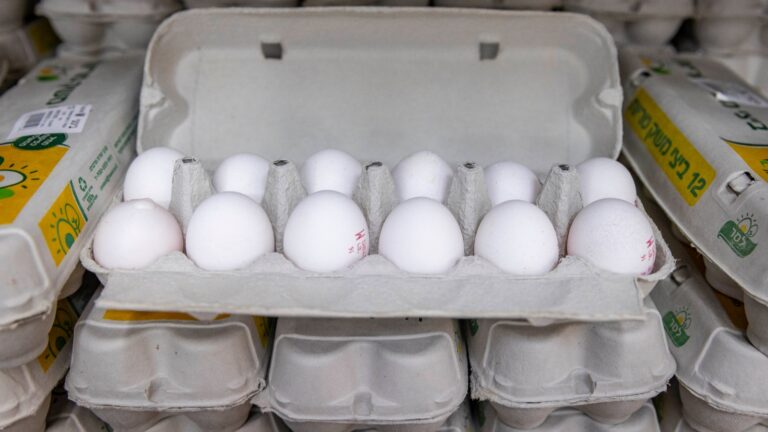
Since observant Jews are very limited in what they can eat over Passover, eggs are usually a winner. They appear on the menu at everymeal – in the ubiquitous kneidlach (matzah ball) soup for starters, in the fried main courses and in the flourless desserts (hello, sponge cake and pavlova!).
As such, people buy enormous amounts of eggs before the festival begins, leading to sometimes empty or even just emptier-than-usual shelves. This of course leads to a general panic, and to people begging an egg or two off each of their neighbors or friends.
5. Passover is the ultimate hiking season
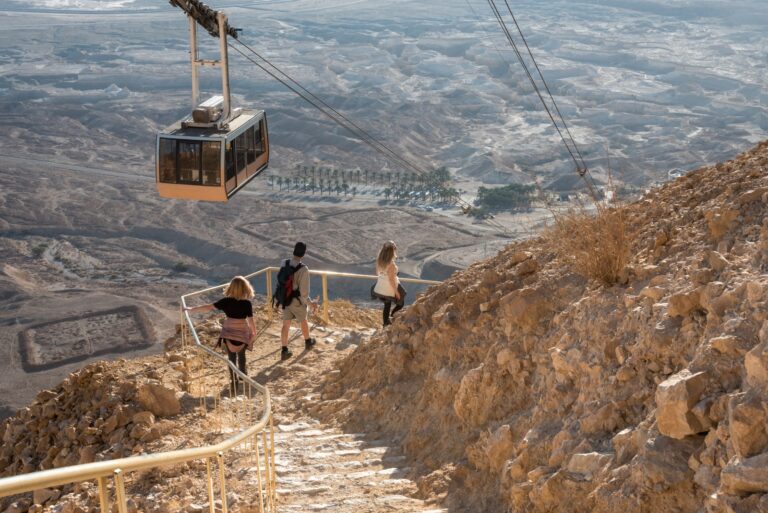
Passover marks the beginning of spring, just before temperatures soar and the outside world becomes generally unbearable. The combination of comfortable weather and a week-long holiday makes the festival the ultimate season to hike all around the country.
The problem, of course, is that everyone goes hiking at the very some time, making trails a bit crowded and the roads even more so. Still, we think it’s worthwhile.
6. Prepare for the big Seder night traffic jam
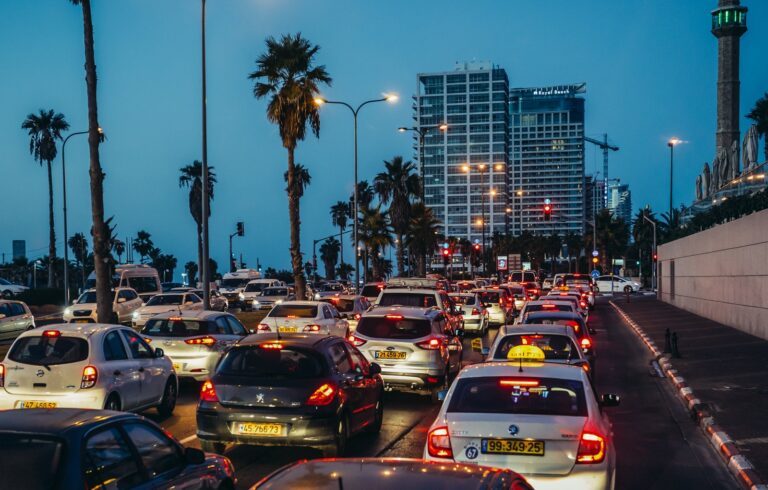
Speaking of traffic, you really must know that Seder night is infamous in Israel for the accompanying traffic jams. Since everyone sits down to the most important dinner of the year at more or less the same time, and then gets up and leaves at around the same hour, these evening drives become worse than the worst rush-hour traffic jams.
One option to overcome this nuisance is to celebrate locally and minimize driving. Another is to host and not leave the house at all, and yet another is to arrive at your hosts in the morning and spend the night. After all, what’s some more time spent in cramped quarters with the family?
7. There’s no such thing as Seder night dress code
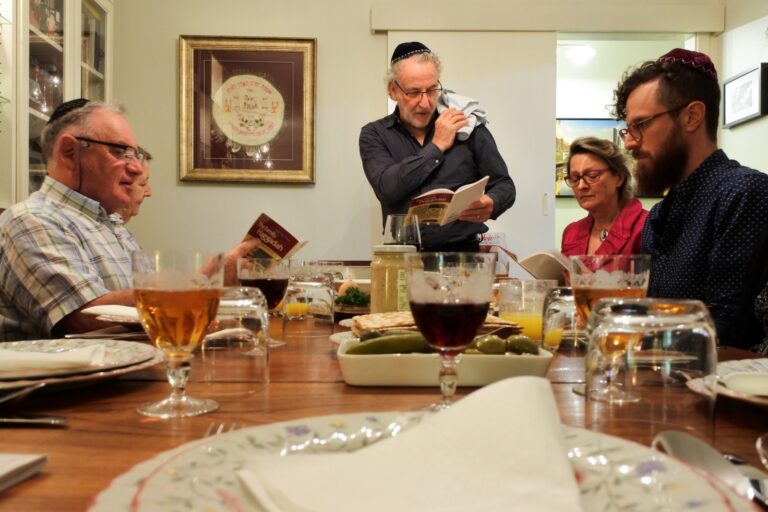
Seder night is considered by many to be the most important and festive night on the Jewish calendar. Abroad, many of those celebrating opt for their nicest clothes, pulling out dinner jackets and high heels. In Israel, it’s perfectly acceptable to sit down in only slightly elevated versions of your regular clothes. As with other holidays, white is customary, and in many families it’s traditional to get kids new clothes for the evening. But don’t pull out all the stops, unless of course you want to.
8. What you eat depends on where your family comes from
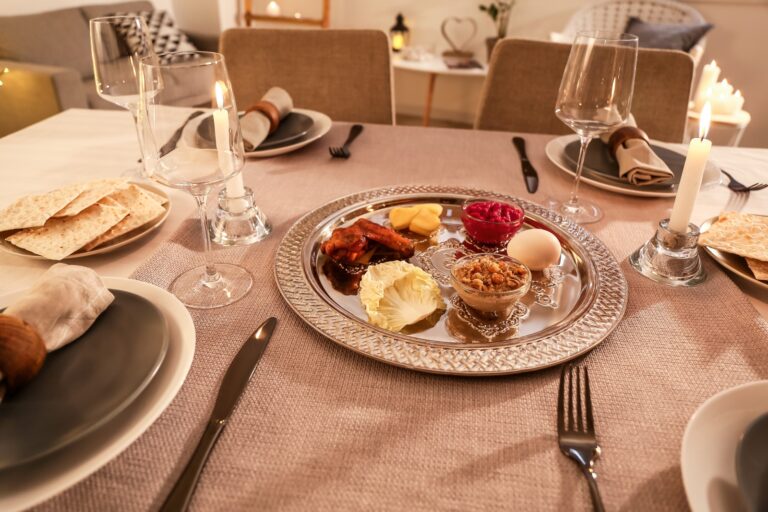
In Israel, what you eat during Passover largely depends on where your family comes from. Jews of Eastern European descent, for example, often refrain from eating legumes or rice for the week, while for Jews of North African descent the spring holiday is all about artichokes and fava beans, which Jews of Iraqi descent have a genetic disposition to be allergic to.
What we’re trying to say, it’s an absolute hotpot over here, and a great opportunity to try out different and interesting foods. Invited over for a meal? It will probably be simplest to just bring a bottle of wine. Kosher for Passover, to be on the safe side.
9. Chocolate spread rules. But butter is better
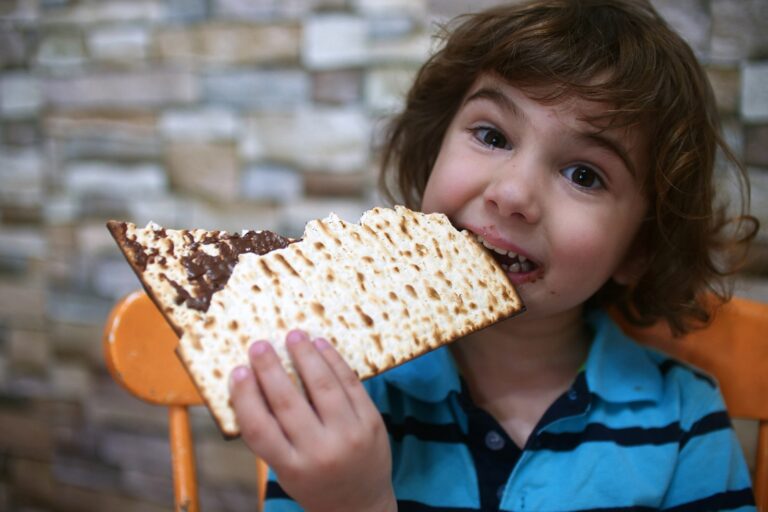
Like all Jewish festivals, Passover is all about food. And while attention is usually paid to Seder night or chag lunches, we’d like to highlight the most important meal of the day: breakfast.
In Israel, Passover breakfast often means a piece of matzah or two spread thickly with chocolate spread – an absolutely delicious treat, and something that even matzah-haters are willing to eat.
But even better is matzah spread with cold butter (or avocado, for vegans) and a sprinkle of salt. Trust us, there’s no better accompaniment to your morning coffee.
10. Leave some room for Mimouna
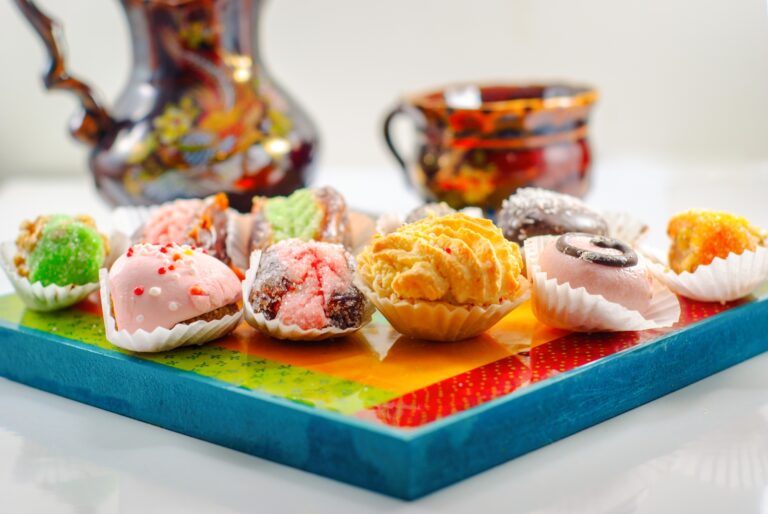
Mimouna is a celebration dinner enjoyed at the very end of Passover by Jews of North African descent where flour and leavened foods make a festive return. This takes form in tables groaning under delicious fried goodness, tons of homemade sweets, marzipan and the ultimate star of the evening – moufleta, a very rich, greasy and incredibly amazing pancake slathered with butter and honey.
Unfortunately, it’s not Mimouna in Israel without photos of politicians moving from party to party and eating the obligatory moufleta while dressed up in traditional Moroccan garb and being overall embarrassing. Let us tell you, no one looks electable while stuffing their faces.




